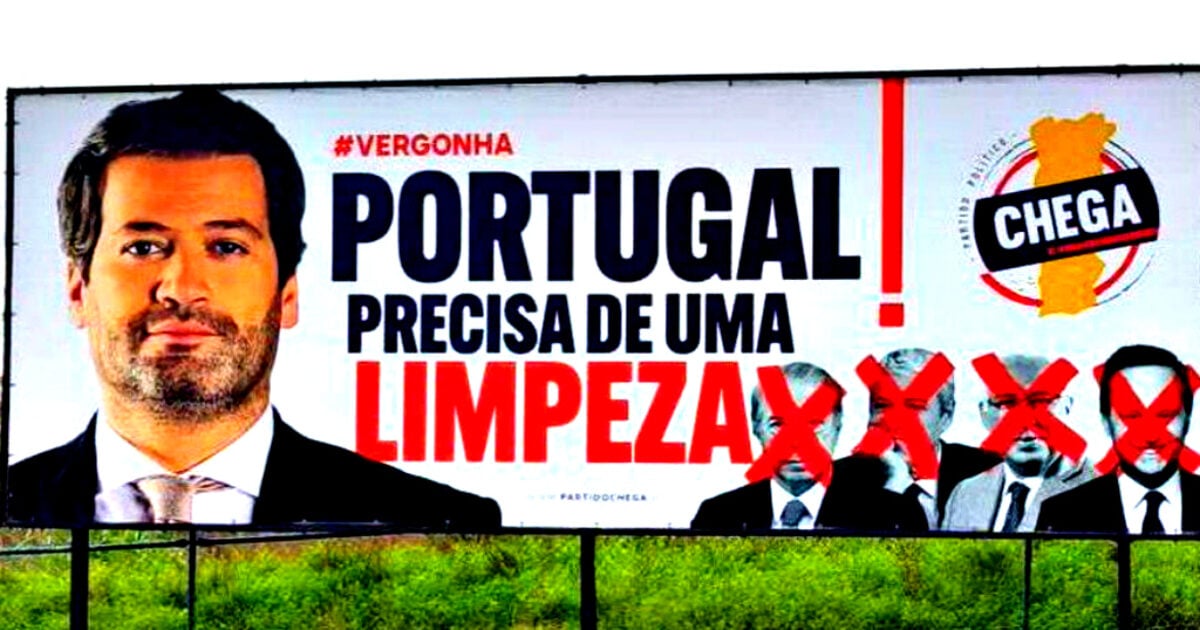Portugal’s Recent Snap Elections and the Rise of Chega
The results of Portugal’s recent snap elections unfolded as anticipated, with the ‘centre-right’ party securing a narrow victory. However, the true surprise was the significant growth of the populist party, Chega, surpassing all expectations.
Changes in Political Landscape
This outcome holds substantial implications for the country’s future trajectory and mirrors a larger trend sweeping across the European continent. A shift towards right-wing ideologies has been forecasted for the upcoming European Parliament Elections, indicative of Portugal’s recent political transformation.
The Democratic Alliance (AD), a right-wing party, emerged victorious in Sunday’s general election with a marginal lead of two seats over the socialists. Despite their victory, the AD faces the challenge of governing without a majority, as potential coalition discussions with Chega loom.
Chega, meaning “enough,” secured a significant leap in parliamentary representation, quadrupling its seats to 48. Their campaign emphasizing clean governance and anti-immigration policies struck a chord with disillusioned voters, propelling them into the spotlight.
Implications and Reactions
President Marcelo Rebelo de Sousa is poised to invite the AD to form a government, amidst calls to exclude Chega from the decision-making process. However, Chega’s leader, André Ventura’s charismatic appeal and the party’s anti-corruption stance have solidified its position as a formidable political force.
Chega’s surge has garnered accolades from far-right leaders across Europe, signifying a broader undercurrent of right-wing populism. The possibility of Chega’s continued success in the European Parliament Elections looms large, reflecting a continent-wide shift.
The Aftermath and Future Outlook
Despite the high voter turnout driven by Chega’s growing influence, challenges lie ahead for potential coalition formations. The AD has categorically rejected the notion of partnering with Chega, setting the stage for political tensions in the post-election landscape.
Chega’s triumph signals a broader shift towards right-wing ideologies in Europe, eliciting both praise and caution from populist parties across the continent. Portugal’s electoral landscape serves as a harbinger of the evolving political climate in Europe, setting the stage for significant changes in the months to come.
Image/Photo credit: source url





